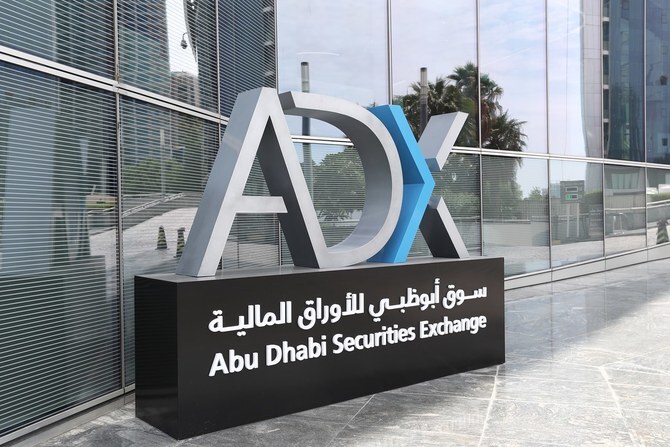RIYADH: The energy division of NMDC Group experienced a remarkable debut as its shares surged 20 percent after raising 3.22 billion dirhams ($877 million) in the UAE’s largest initial public offering of the year.
On the Abu Dhabi Securities Exchange, NMDC Energy’s shares, initially priced at 2.8 dirhams, opened at 3.35 dirhams, reflecting a significant 20 percent increase.
The company, which specializes in engineering, procurement, and construction services for both offshore and onshore clients, surpassed the previous largest IPO of the year, Alef Education Holding Plc’s $515 million offering.
The IPO for NMDC Energy involved the sale of 1.15 billion shares, which were 31.3 times oversubscribed, with total demand reaching 88 billion dirhams, according to a press release.
This strong debut underscores investor confidence in the company’s future and reinforces ADX as a pivotal platform for growth opportunities.
The successful IPO also aligns with ADX’s objective to expand market offerings and foster sustainable economic development in the UAE, according to the press release.
Abdulla Salem Al-Nuaimi, group CEO of ADX, said: “We are pleased to welcome NMDC Energy to ADX, furthering our vision of a dynamic and diversified capital market. With its expertise in the energy sector and innovative track record, NMDC Energy strengthens our market and offers investors access to the UAE’s sustainable growth.”
He added: “The 88 billion dirhams demand for this listing reflects investor trust in ADX and underscores our role in portfolio diversification for our investors and issuer growth. As ADX’s sixth offering this year, it reinforces Abu Dhabi’s commitment to economic diversification, positioning the financial market as a key driver of sustainable development.”
In the first half of 2024, UAE IPO proceeds reached $1.3 billion, a 67 percent drop from last year, with ADX contributing $515 million, or 14 percent, of the total Gulf Cooperation Council IPO funds.
“Today marks a key milestone, not just for NMDC, but also for Abu Dhabi’s energy sector. Following a highly successful IPO, we are proud to list NMDC Energy on ADX and embark on an exciting new path forward,” said Ahmed Al-Dhaheri, CEO of NMDC Energy.
Established in 1973, NMDC Energy — formerly National Petroleum Construction Co. — serves major clients like Abu Dhabi National Oil Co. and Saudi Arabian Oil Co.














